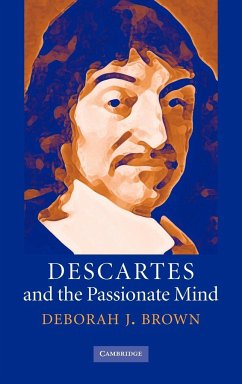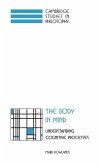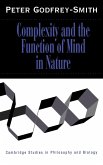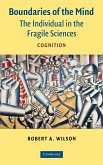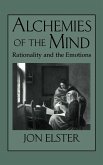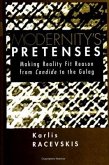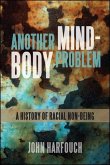An important and original reading of Descartes' account of mind-body unity and his theory of mind.
Descartes is often accused of having fragmented the human being into two independent substances, mind and body, with no clear strategy for explaining the apparent unity of human experience. Deborah Brown argues that, contrary to this view, Descartes did in fact have a conception of a single, integrated human being, and that in his view this conception is crucial to the success of human beings as rational and moral agents and as practitioners of science. The passions are pivotal in this, and in a rich and wide-ranging discussion she examines Descartes' place in the tradition of thought about the passions, the metaphysics of actions and passions, sensory representation, and Descartes' account of self-mastery and virtue. Her study is an important and original reading not only of Descartes' account of mind-body unity but also of his theory of mind.
Table of contents:
Introduction; 1. Volo Ergo Sum: the unity and significance of Les Passions de l'Ame; 2. Perturbations or sweet pleasures? Descartes' place in two traditions regarding the passions; 3. The natural integration of reason and passion; 4. Representing and referring; 5. Action and passion: metaphysical integration; 6. Wonder and love: extending the boundaries of the Cartesian knower and the Cartesian self; 7. Several strange passages on desire and fortune; 8. Generosity breeds content: self-mastery through self-esteem.
Descartes is often accused of having fragmented the human being into two independent substances, mind and body, with no clear strategy for explaining the apparent unity of human experience. Deborah Brown argues that, contrary to this view, Descartes did in fact have a conception of a single, integrated human being, and that in his view this conception is crucial to the success of human beings as rational and moral agents and as practitioners of science. The passions are pivotal in this, and in a rich and wide-ranging discussion she examines Descartes' place in the tradition of thought about the passions, the metaphysics of actions and passions, sensory representation, and Descartes' account of self-mastery and virtue. Her study is an important and original reading not only of Descartes' account of mind-body unity but also of his theory of mind.
Table of contents:
Introduction; 1. Volo Ergo Sum: the unity and significance of Les Passions de l'Ame; 2. Perturbations or sweet pleasures? Descartes' place in two traditions regarding the passions; 3. The natural integration of reason and passion; 4. Representing and referring; 5. Action and passion: metaphysical integration; 6. Wonder and love: extending the boundaries of the Cartesian knower and the Cartesian self; 7. Several strange passages on desire and fortune; 8. Generosity breeds content: self-mastery through self-esteem.

